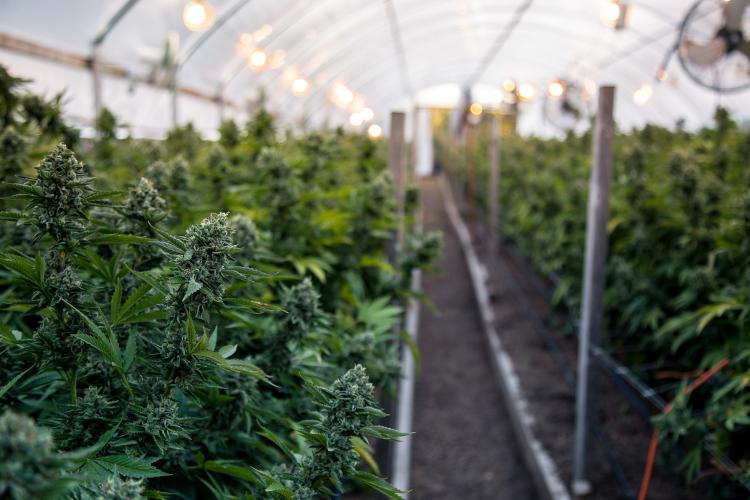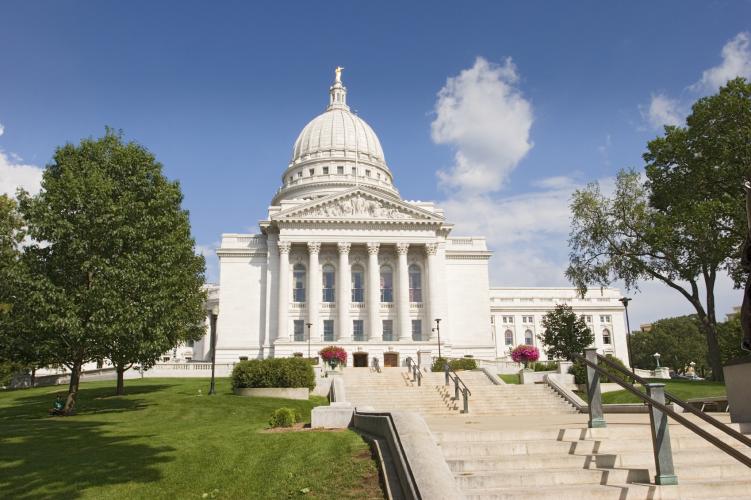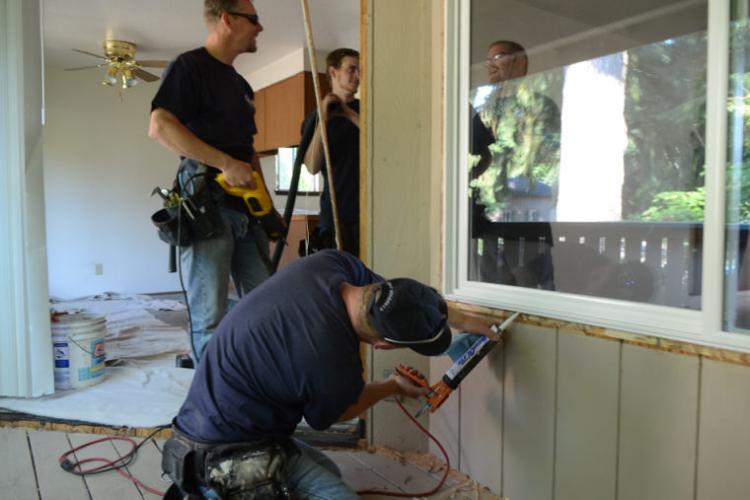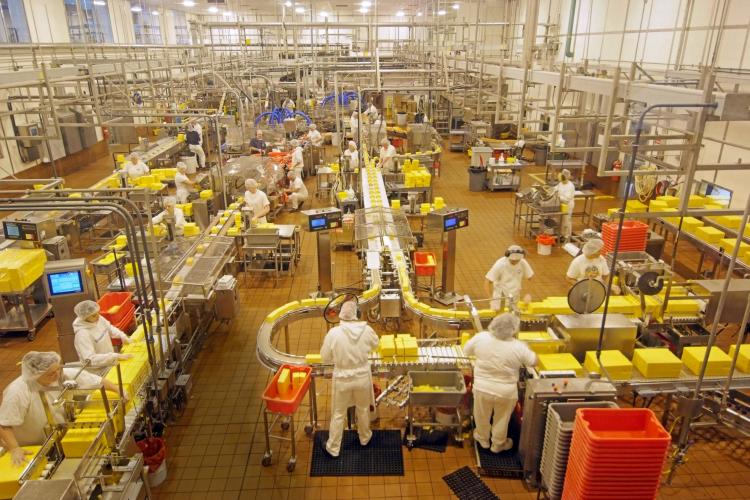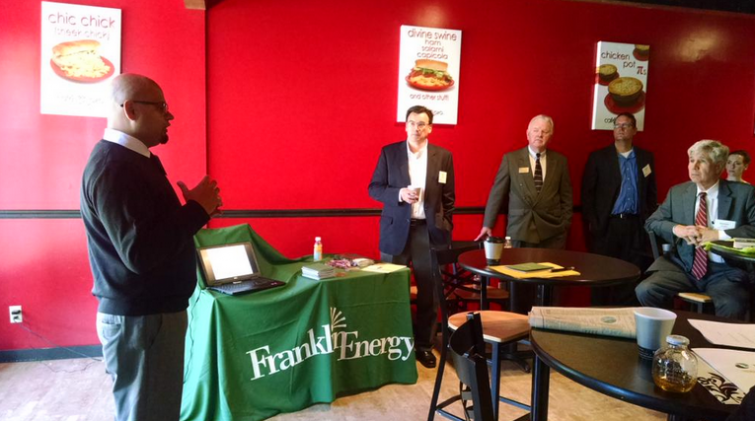Workshop Recap: Building Your Hiring Toolbox With Workforce Development Strategies
The 2022 Midwest Energy Solutions Conference brought numerous conversations on a variety of topics in and out of the sessions. A trending topic for many attendees was workforce development. The energy industry is no stranger to these discussions, as it becomes increasingly present in state policies like Illinois’ Climate and Equitable Jobs Act and on a federal level through funding allocated by the Biden-Harris Administration.

